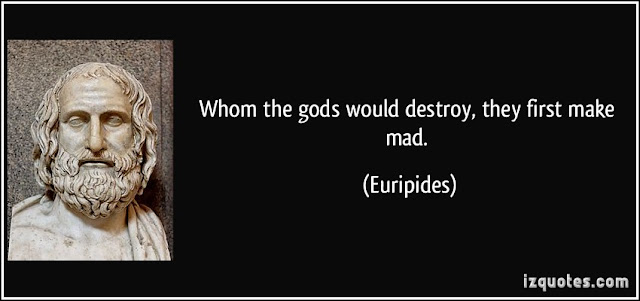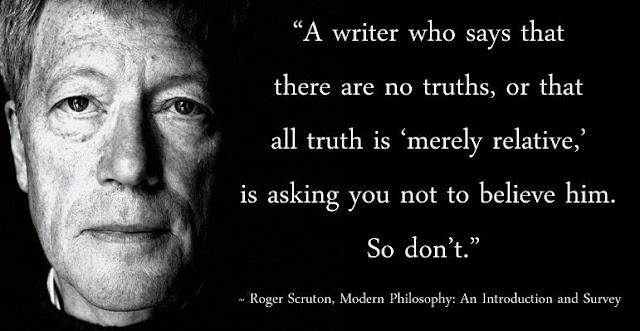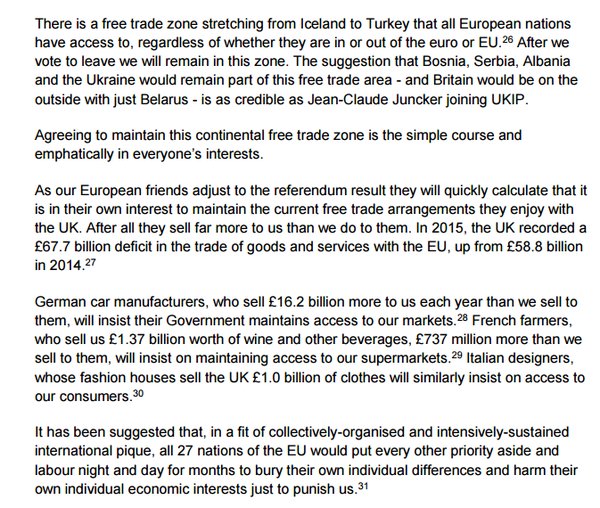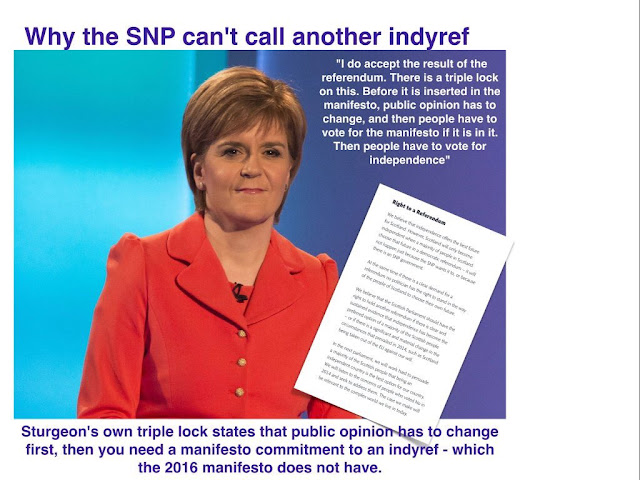A truth that's told with bad intent
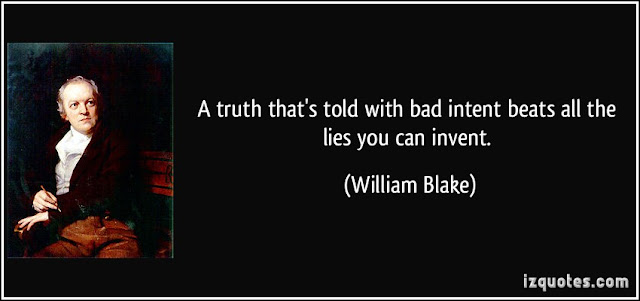
For the second time in a few weeks I find myself quoting the word of William Blake And the truth which rather too many people have been telling with bad intent, mostly on the hard left, but I have found one or two people on the right doing it as well (though not anybody holding elected office in the Conservative party) is this: "Being anti-Israel is not the same as being anti-Semitic." The trouble is that this truth is being used too often to give people who really are anti-Semitic a pass and let them get away with what amounts to the beginnings of re-heated Nazism. Here is the internationally agreed definition of anti-Semitism (recognised by the UK college of policing, the US State Department, and the EU ... https://antisemitism.uk/information/definition-of-antisemitism/ If you disagree with the policies of the government of Israel on exactly the same basis that you would disagree with the policies of any other government or party, that isn't racist

